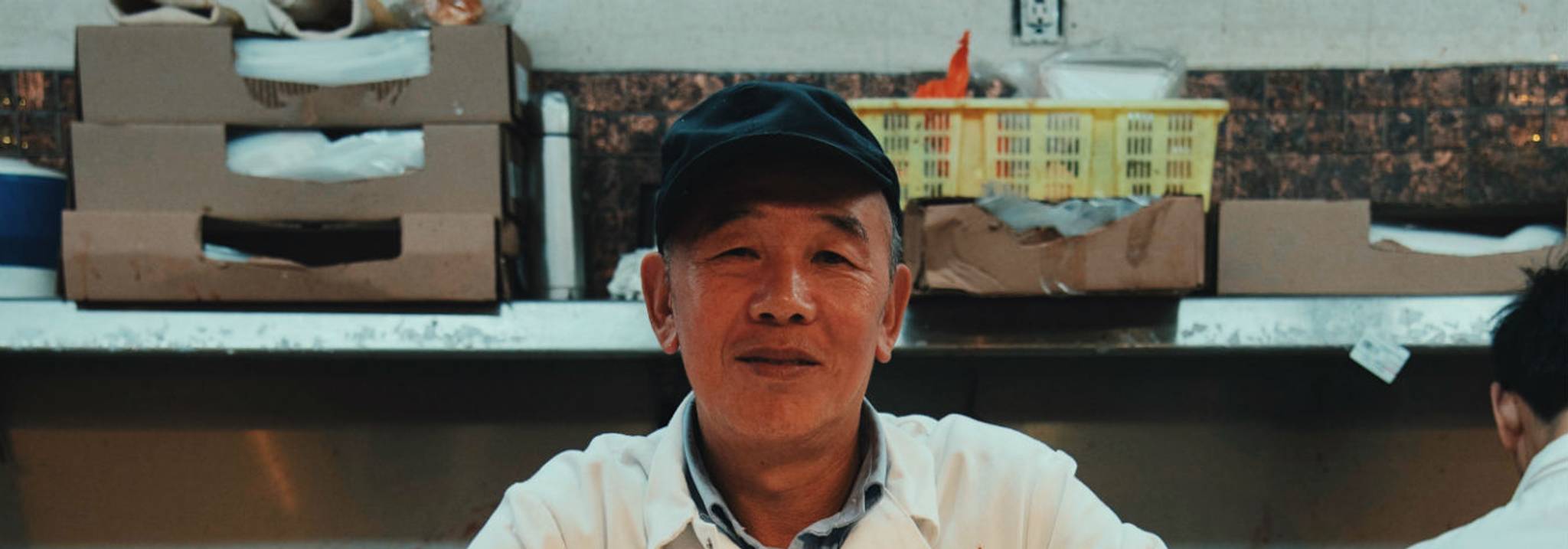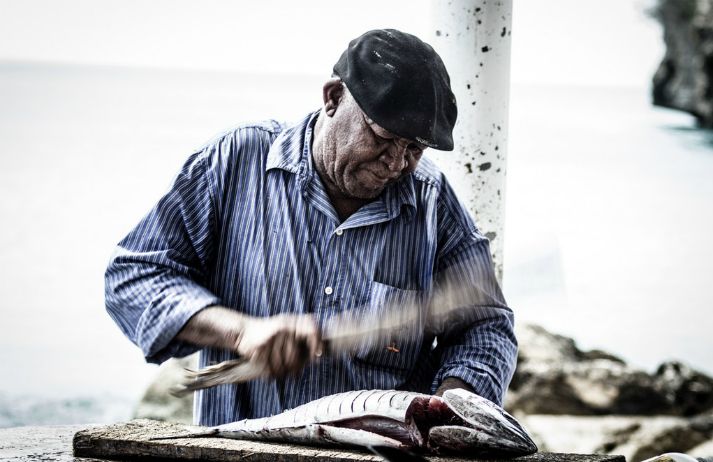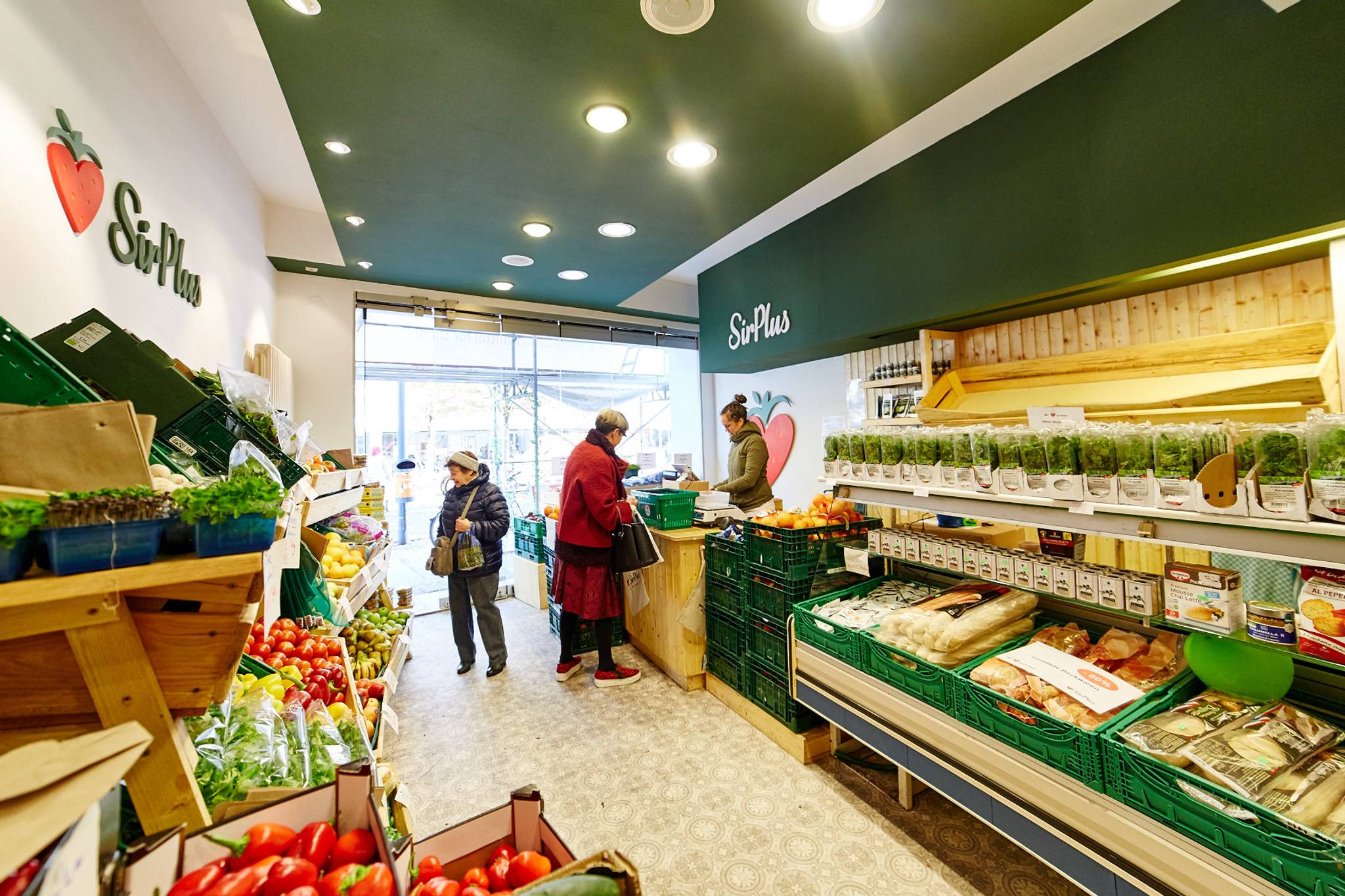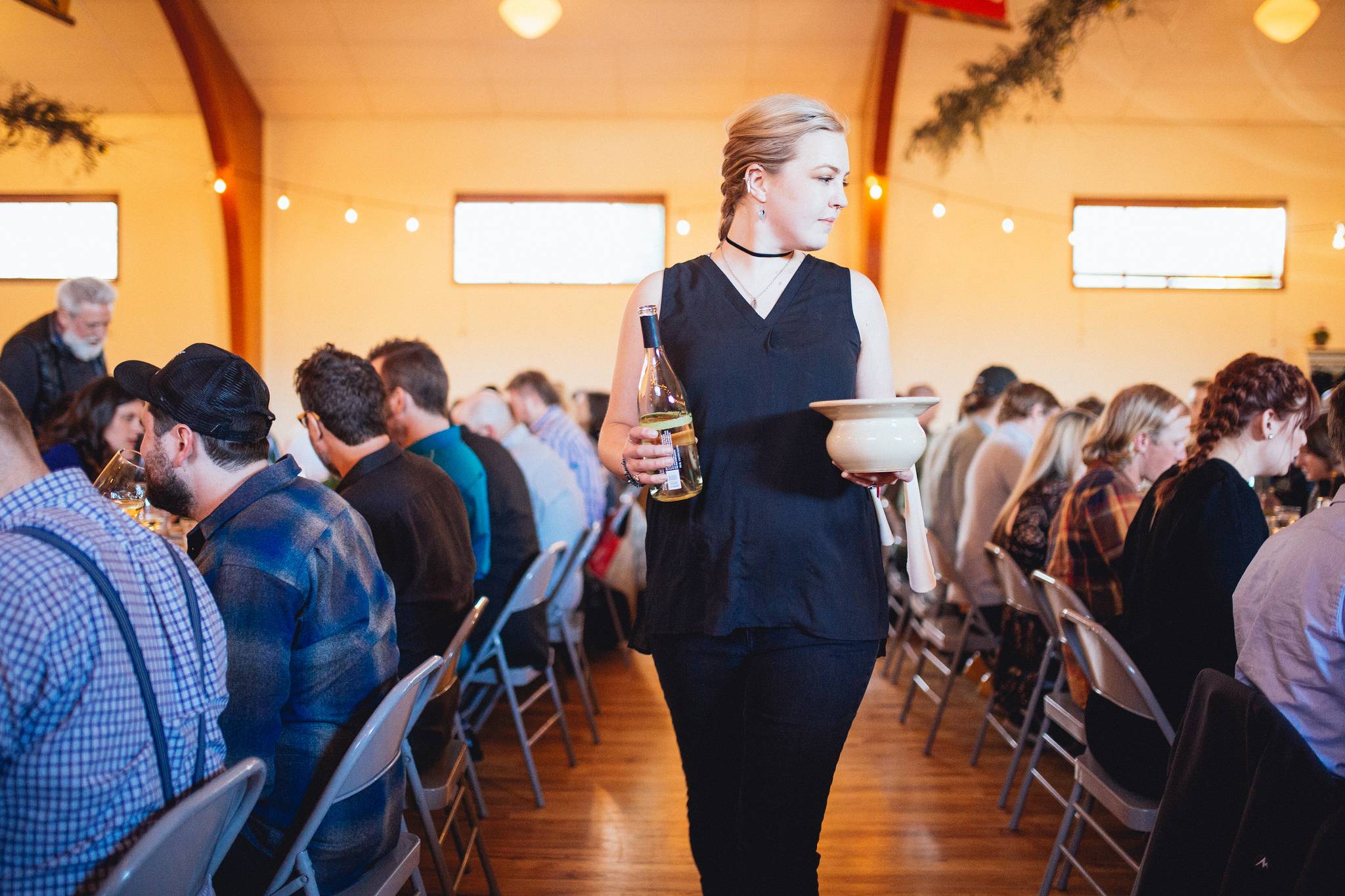
As environmental concerns have people wanting to cut down their food waste, they're looking to nose-to-tail carvery to help them get creative with their would-be cast offs. We explore the insights behind Sydney’s first ‘fish butchery’ and understand how it appeals to Aussies’ green conscience.
Josh Niland, the popular seafood chef and restaurateur from Sydney, launched the Fish Butchery in April 2018. As opposed to a traditional fishmonger, who typically discards the rest of a fish after select cuts are trimmed from it, Niland will take these off-cuts and to turn them into products you’re more likely to spot in a meat butcher’s, such as sausages. Charles Bank, co-founder of thefoodpeople, believes the concept is revolutionary. “[Niland] is opening our eyes to a 'new world order' with fish,” he says. “One that uses and respects every part of the animal including the bits we never talk about like the offal, the skeleton, the skin, eyes, semen, gills and blood.”

Over the last ten years Google Search interest for pescetarianism has grown almost tenfold in Australia, signalling an increased interest in fish-based diets. The move from the eco-conscious chef comes at a time when Australians are binning four million tonnes – or $8 million’s worth – of edible food every year.
Globally, brands are stepping in to help people cut back on waste on their plate. In Germany and Australia, supermarkets Sirplus and OzHarvest sell salvaged food to customers on a pay-what-you can basis. Meanwhile, in the UK, supermarket giants Morrisons, Sainsbury’s, Tesco and Asda have all pledged to cut food waste 20% by 2025 catering to the Britons that feel guilty about binning perfectly good food. By ensuring that nothing is wasted, Niland’s ‘nose-to-tail’ butchery appeals to younger diners in particular; almost three-quarters of Gen Yers are willing to pay more for a product they consider to be sustainable, helping boost the burgeoning prestige of eating the whole animal, fins and all.
Safa Amirbayat is a junior behavioural analyst at Canvas8 which specialises in behavioural insights and consumer research. An economics graduate from University College London, he can be found boxing or reading a novel outside of work.



